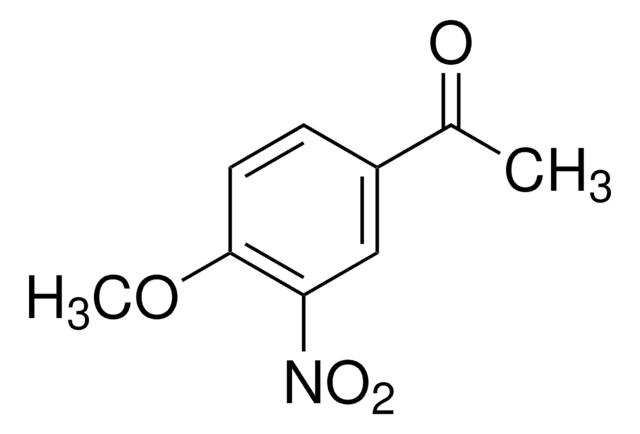243523
Tin(II) chloride dihydrate
ACS reagent, 98%
Synonyme(s) :
Stannous chloride dihydrate
About This Item
Produits recommandés
Qualité
ACS reagent
Pureté
98%
98.0-103.0% (ACS specification)
Forme
powder or crystals
Pertinence de la réaction
reagent type: catalyst
core: tin
Point d'ébullition
652 °C (lit.)
Pf
37-38 °C (dec.) (lit.)
Solubilité
hydrochloric acid: passes test
water: soluble
Traces d'anions
sulfate (SO42-): passes test (lim. ~0.003%)
Traces de cations
Ca: ≤0.005%
Fe: ≤0.003%
K: ≤0.005%
Na: ≤0.01%
Pb: ≤0.01%
Chaîne SMILES
O.O.Cl[SnH2]Cl
InChI
1S/2ClH.2H2O.Sn/h2*1H;2*1H2;/q;;;;+2/p-2
Clé InChI
FWPIDFUJEMBDLS-UHFFFAOYSA-L
Vous recherchez des produits similaires ? Visite Guide de comparaison des produits
Description générale
Application
It plays the role of a catalyst in the synthesis of 3-aminoimidazo[1,2-a]pyridines. It can be used as precursor for the synthesis of tin dioxide (SnO2) nanostructures by thermal degradation at temperature between 400-700 under controlled conditions.
Mention d'avertissement
Danger
Mentions de danger
Classification des risques
Acute Tox. 4 Inhalation - Acute Tox. 4 Oral - Aquatic Chronic 3 - Eye Dam. 1 - Met. Corr. 1 - Skin Corr. 1B - Skin Sens. 1 - STOT RE 2 Oral - STOT SE 3
Organes cibles
Cardio-vascular system, Respiratory system
Code de la classe de stockage
8B - Non-combustible corrosive hazardous materials
Classe de danger pour l'eau (WGK)
WGK 3
Point d'éclair (°F)
Not applicable
Point d'éclair (°C)
Not applicable
Certificats d'analyse (COA)
Recherchez un Certificats d'analyse (COA) en saisissant le numéro de lot du produit. Les numéros de lot figurent sur l'étiquette du produit après les mots "Lot" ou "Batch".
Déjà en possession de ce produit ?
Retrouvez la documentation relative aux produits que vous avez récemment achetés dans la Bibliothèque de documents.
Les clients ont également consulté
Notre équipe de scientifiques dispose d'une expérience dans tous les secteurs de la recherche, notamment en sciences de la vie, science des matériaux, synthèse chimique, chromatographie, analyse et dans de nombreux autres domaines..
Contacter notre Service technique








